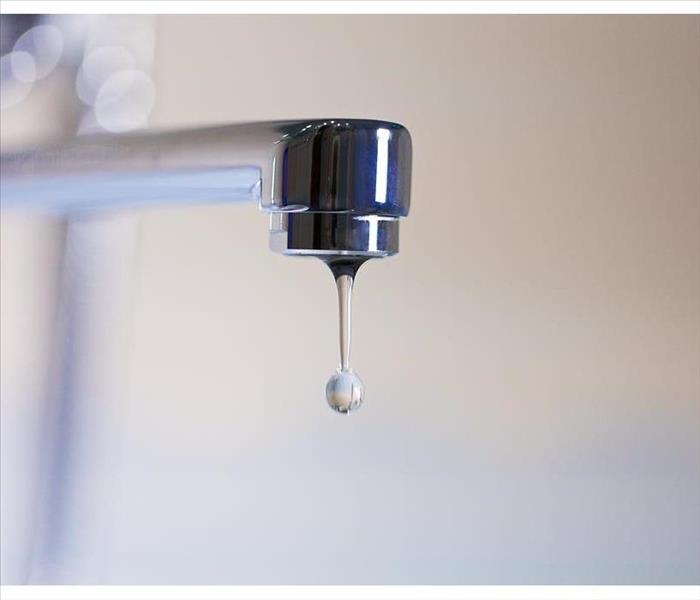How To Prevent Frozen Pipes This Winter
7/3/2022 (Permalink)
Winter storms can wreak havoc on your house, so practicing proper winterization and flood prevention techniques is crucial during the colder months. Did you know that most floods are not caused by excess rainwater but rather from a burst pipe resulting from frozen water in the line? Read on to learn how you can prevent storm damage and keep your house damage-free this winter.
How Do Pipes Freeze?
Unlike other liquids, water expands as it freezes. Therefore, if standing water is left in pipes before winter arrives, it will likely freeze and expand as the temperatures outside drop. Pipes that commonly freeze are:
- Outdoor pipes that are uncovered and vulnerable to the cold.
- Pipes located in unheated rooms like the attic or garage.
- Pipelines that extend along the outside of the house where there is no insulation.
How To Prepare for Winter
As winter looms in River Falls, WI, be sure to properly winterize your home to avoid the need for storm damage repair. Empty your swimming pool, and blow out all sprinkler water lines. Drain your hoses, and open the spouts of all outdoor hose bibs to allow them to empty. Consider adding insulation to your attic, garage, basement, or any other uninsulated areas that contain pipelines.
How To Avoid Frozen Pipes
In the winter, be mindful of keeping garage doors closed to keep the cold air outside. In the bathroom and kitchen, open cabinet doors to keep plumbing fixtures warm. Further, if temperatures approach freezing, allow water to drip from any faucet connected to an outdoor pipeline; you are less likely to experience a frozen pipe if a small amount of water moves through it. Finally, even if you're leaving town, keep your thermostat set to a temperature above 55 degrees F. While your heating bill might be higher, it is still much cheaper than a burst pipe.
Winterizing your home is a relatively easy chore that can save your home from catastrophic damage. Avoid a burst pipe this winter by following these simple and helpful tips.






 24/7 Emergency Service
24/7 Emergency Service
